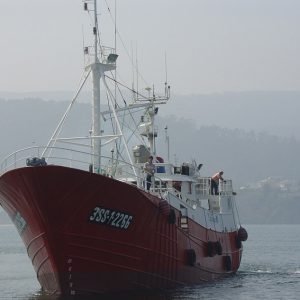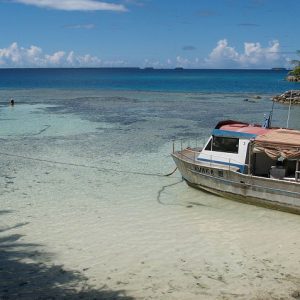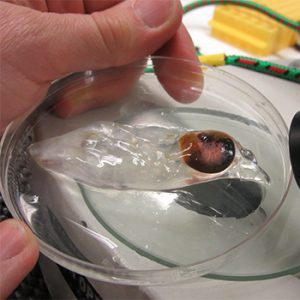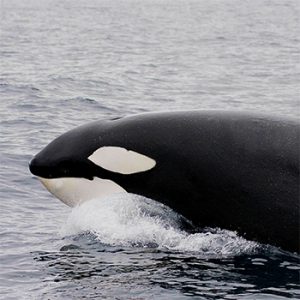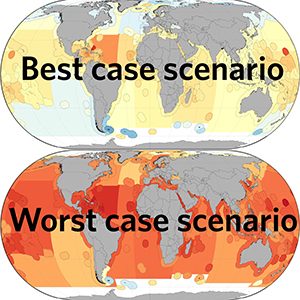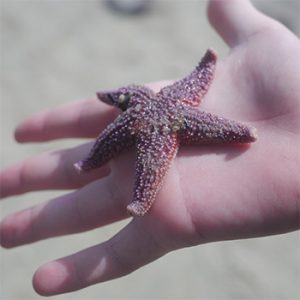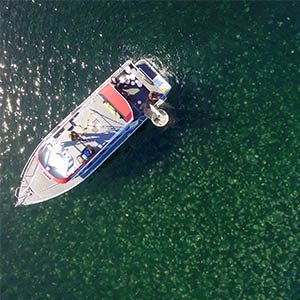Carbon dioxide emissions from global fisheries larger than previously thought
Emissions from the fuel burnt by fishing boats are 30% higher than previously reported
Fishing pressure and climate change challenge Tokelau’s food security
Increasing fishing pressures, combined with climate change, will have a negative effect on the near-shore marine resources of Tokelau
Small in size, but mighty in impact
Salps are fascinating organisms that have a huge impact on the planet’s ability to manage climate change.
Climate change fuels accumulation of pollutants in Chinook salmon, killer whales
Southern resident killer whales that exist along the Pacific Northeast Coast eat Chinook salmon, and these two predators are impacted by increased pollutant bioaccumulation driven by climate change
Effective fisheries management can reduce extinction risk of marine fish stocks from climate change
“We can save hundreds of fish stocks from becoming endangered species with sustainable fisheries and low greenhouse gas emissions.”
Climate change has fish moving faster than regulations can keep up
Researchers say out-of-date regulatory system hasn’t kept up with the realities of global warming
Sea Stars: the Trilogy
Dr. Christopher Harley was co-author on a recent study looking at sea star wasting disease (SSWD). He discusses the impact on the British Columbia coastline.
Climate change to cause dramatic drop in Persian Gulf biodiversity and fisheries catch potential
Among the eight countries that comprise the Gulf, the UAE is expected to perform the worst, with a projected loss of 45 per cent of its catch potential.
How choosing fish and seafood for dinner impacts carbon emissions
Choosing fish over pork, beef or lamb can be a more sustainable choice as fewer greenhouse gas emissions are produced.
UBC researchers use drones to track jellyfish blooms
Jellyfish blooms are becoming more widespread and scientists ate looking for ways to better understand them.
